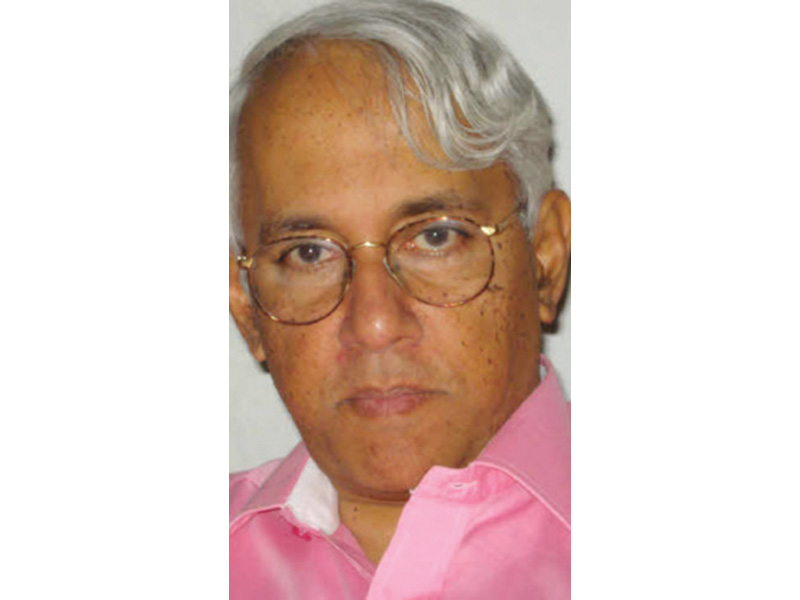

He lends out money gratis and brings down the rate of usance here with us in Venice — Shylock, Merchant of Venice.
Most of us have credit and debit cards these days, tucked away in bulging wallets and squeezed into back pockets. Not to mention driving license, Aadhaar card, medical insurance card and all things plastic. Hard cash plays a minor walk-on part, if that.
Credit and debit cards are essentially the same things, only credit cards take a while longer to inflict the pain on your bank balance, but that is compensated by their charging a punitive interest rate. You know what they say. There’s no such thing as a free lunch. Debit cards, however, are more direct. Swipe one of those and its bye-bye moolah. Hasta la vista.
In addition to these cards, various online vendors like Amazon, Flipkart, Big Basket et al, from whom we place regular orders, entice and exhort us to deposit varying sums of money in their ‘wallets,’ the easier to place orders online without having to go to the trouble of credit / debit card rigmaroles like keeping an eye on expiry dates, monthly limits, mad rush to key in the OTP and so on.
Lest we forget, there are also various UPI digital payment options like BHIM, Google Pay, Phone Pe, Pay Pal and Paytm among others. The embattled Paytm is currently under the scanner while we poor sods are still trying to figure out the implications. Meanwhile their chief executive has been shown the door and those of us who have placed our trust and money in Paytm are left wondering if we have been taken for a right royal ride. Welcome to the rarefied world of cashless transactions.
A brief aside. In the world of trading and commerce, the word ‘cashback’ is intriguing. I am struck by the word that is now an integral part of our commercial lexicon. For reasons I haven’t been entirely able to fathom, the word ‘discount’ has been cast into outer darkness. Totally discounted.
The only plausible reason I can come up with for this change of terminology is that the word cashback sounds so much more alluring. It is only a mirage of course, but one gets the idea the company is doling back cash to us every time we buy something. In a sense they do, but only after hiking up their recommended list price. And when we are not actually forking out hard currency from our wallets to pay but swiping plastic cards or placing our mobiles in front of obliging QR codes, life seems to be a breeze.
Until you check your bank balance at the end of the month. Most people don’t even do that. If they do, they flinch and quickly avert their eyes. ‘I couldn’t possibly have spent that much.’
There is a deeper question to be addressed. Is the ease of transacting business through credit or debit cards, digital wallets, QR codes and in case of larger amounts, NEFT / RTGS and so on goading us to spend more than we might normally have done? In other words, are we often buying things we don’t really need? That’s a silly question for you during this silly season. Purely rhetorical, don’t bother answering. I know for a fact that every time I visit Amazon with something particular in mind to buy, other products slyly insinuate themselves and proffer attractive offers.
‘Based on your recent buying patterns, we think you might be interested in these products.’ That’s a dead giveaway. If you pay heed, on your head (or bank account) be it. A slew of items will stream in front of your eyes and before you can say ‘two for the price of one,’ you have just tapped a few keys on your mobile phone and bought four printing ink cartridges which you may not use for the next four months. Same day delivery of course, which is unfailingly the clincher. They call it bundling. I recently bought Mani Shankar Aiyar’s autobiographical peregrinations Memoirs of a Maverick online from Amazon. For reasons best known to themselves, Aiyar’s book had been bundled with another title Dethroned, by one John Zubrzycki. If I had not been sharp about it, I would have had two books for the price of two! What’s more I never buy books by writers whose names I can’t pronounce. That rules out Polish writers.
There you are. The wonders of stream of consciousness writing. Psychologist William James called it exactly that in 1893 and it stuck. For myself, I just meander, as the mood takes me. I started off talking about cashbacks and discounts and ended up quoting obscure psychologists. Somebody once said: ‘Procrastination is like a credit card: it’s a lot of fun until you get the bill.’ That pretty much sums up my thoughts on cashbacks and discounts.
Other articles by Suresh Subramanyam: Hell hath no fury like a woman scorned